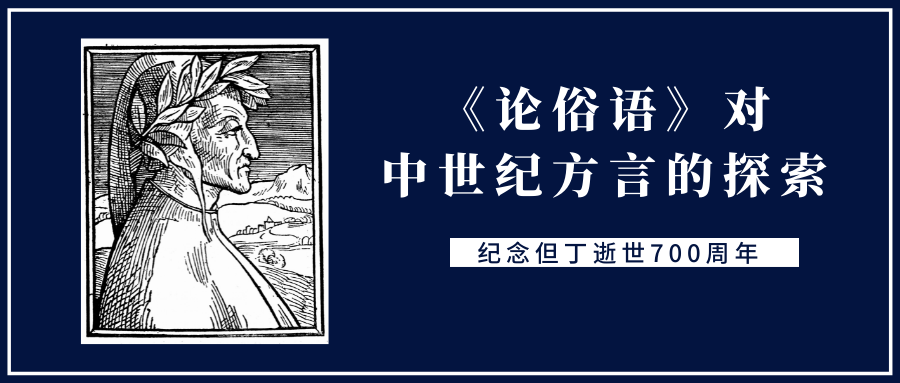
On the occasion of the 700th anniversary of Dante’s death, the greatest Italian poet (1265-1321), it is an honor to present and discuss at the Museum of World Languages of SISU in Songjiang some original linguistic reflections that are present in De vulgari eloquentia (Eloquence in the vernacular) written by Dante in Latin and addressed to scholars. Dante intends to examine the doctrine of eloquence in the vernacular, because this eloquence is necessary indiscriminately to all people. The investigation moves from the origin of the common language given by the Lord to Adam and therefore to humanity before the tragic episode of the tower of Babel narrated in the Bible, the cause of the confusion of languages. According to Dante European languages come from the East. On the basis of his knowledge Dante identifies the major language groups in Europe. The investigation therefore focuses on the vernaculars in the Italian territory to find a common, cultured vernacular. In De vulgari eloquentia and especially in Convivio (Banquet) Dante clarifies the expressive potential of the vernacular.
腾讯会议ID:568 374 294
Claudio Senni
Claudio Senni was awarded a Laurea magistralis in 1979 in Classics, thesis in Greek literature (University of Rome “La Sapienza”), a Laurea magistralis in 2000 in Philosophy, thesis in Philosophy of Language (University of Rome Tre) and in 2006 completed the II Level Master (University of Rome “La Sapienza”, Faculty of Sociology). Teacher of Latin and Greek in classical high school, he was Supervisor and Coordinator of teacher training at SSIS (School of Specialization in Secondary Education of Lazio), tutor and coordinator of trainee teachers in TFA courses (Training courses) and in PAS (Special training courses for the teaching diploma) at the University of Rome Tre. He collaborated with fixed-term contracts with the University of Rome Tre. He has published articles about didactics in specialized magazines, working mainly on interdisciplinary topics and on the classical inheritance. He has coauthored with E. Andreoni Fontecedro and M. Agosti the essay Guida alla traduzione del testo latino (Guide to the translation of the Latin text) following the functional model. He currently is Italian professor in Shanghai at SISU (Shanghai International Studies University) in the Italian Department and Latin professor at SISU Honors College.
新闻报道

